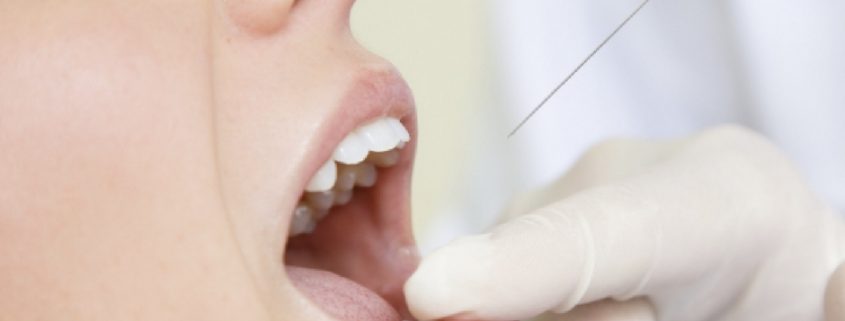5 reasons you cant get numb at the dentist
Imagine going to the dentist to have some work done, and no matter how many times they try, they can’t get you numb. Unfortunately that’s a reality for many people. There is an estimated 5 to 15% failure rate of dental injections. And when over four million are given annually, that’s between 200,000 and 600,000 failures! There are a number of reasons this could happen:
- Errors made by the dentist
- Nervous patients
- Anatomic variations
- Infection or inflammation
- Red hair
Dentist errors:
There are a series of steps required for numbing to work properly. If your dentist doesn’t follow them, you won’t be properly numbed! The placement of the anesthetic is very important. If done incorrectly, the wrong part of your mouth could be numbed. This is usually corrected by another dosage of anesthetic in the correct place. And there are other factors that could cause the anesthetic to be misplaced, but we’ll get to that in a moment. Once the local has been given, it needs time to work. The injection doesn’t work right away, so it’s important to give the medicine enough time to soak in properly. The choice of anesthetic is also a factor, as some medical conditions can reduce the effectiveness of certain drugs.
Nervous patients:
Some people are afraid of the dentist, others are afraid of needles. Combine the two and you have the perfect recipe for improper placement of the anesthetic. Our nerves are a spiderweb, networked throughout our entire bodies. So when giving any sort of numbing injection, proper placement is very important. If a person jumps or twitches, because they’re nervous, from the sting of the needle, or whatever reason – they may cause the dosage to be displaced.
Anatomic variations:
While everyone is built the same, for the most part, there are slight variations that may cause an anesthetic not to work properly. For example, if a person has a wider jaw, it may be more difficult to determine exactly where a nerve should be.
Infection or inflammation:
An infection can hinder the effectiveness of any numbing medication. Most active infections involve pus, which is acidic. Acidic enough to counteract the effects of any anesthetic. In many cases, depending on the type and severity of infection, your dentist will prescribe antibiotics, and have you return for your dental work when the infection has cleared up.
Red hair:
It has to do with genetics, but for some strange reason, people with natural red hair have a built-in resistance to anesthetics! Redheads are also more likely to be afraid of the dentist!
If you’ve had trouble getting numb in the past, make sure you alert your dentist so they can try their best to make sure you are comfortable.



